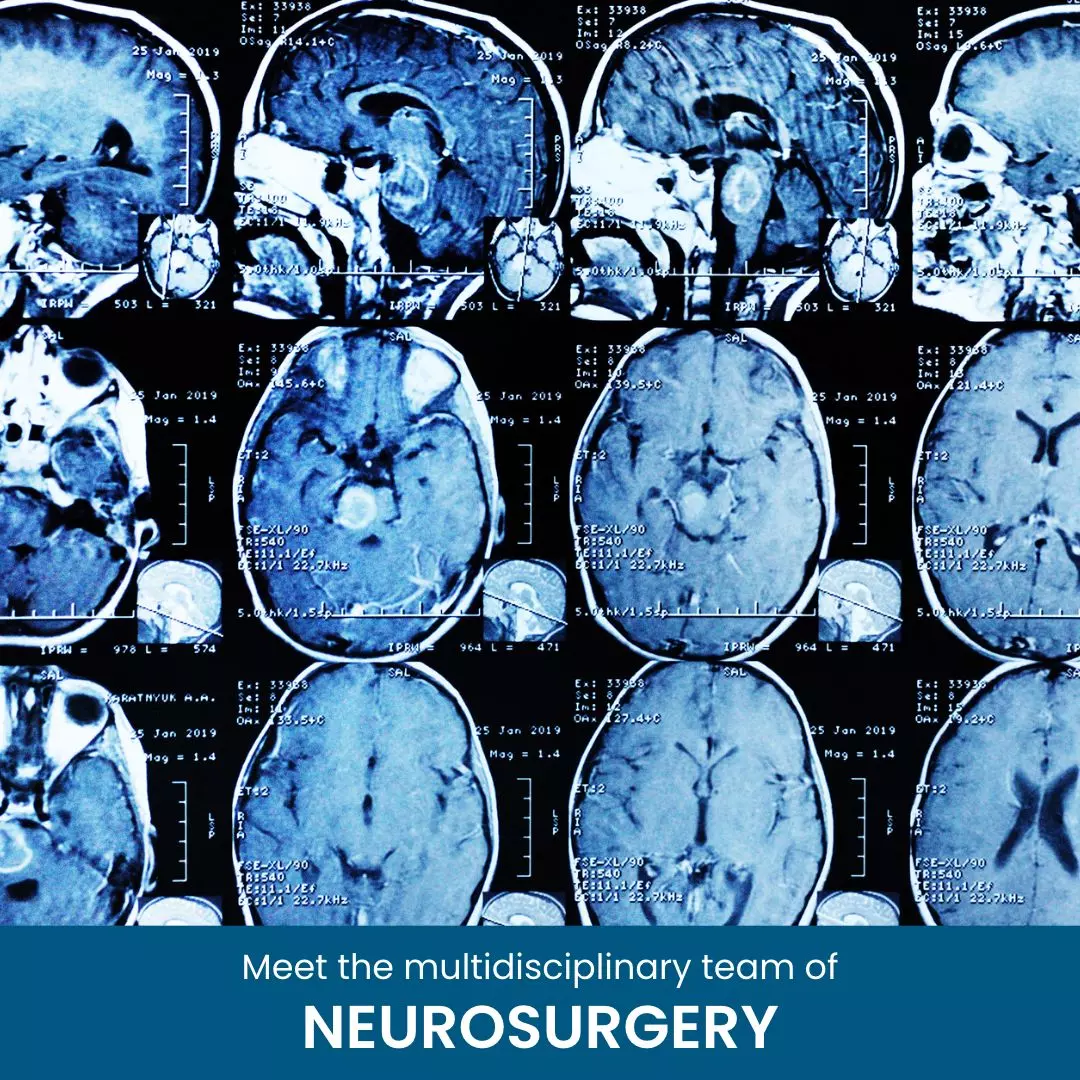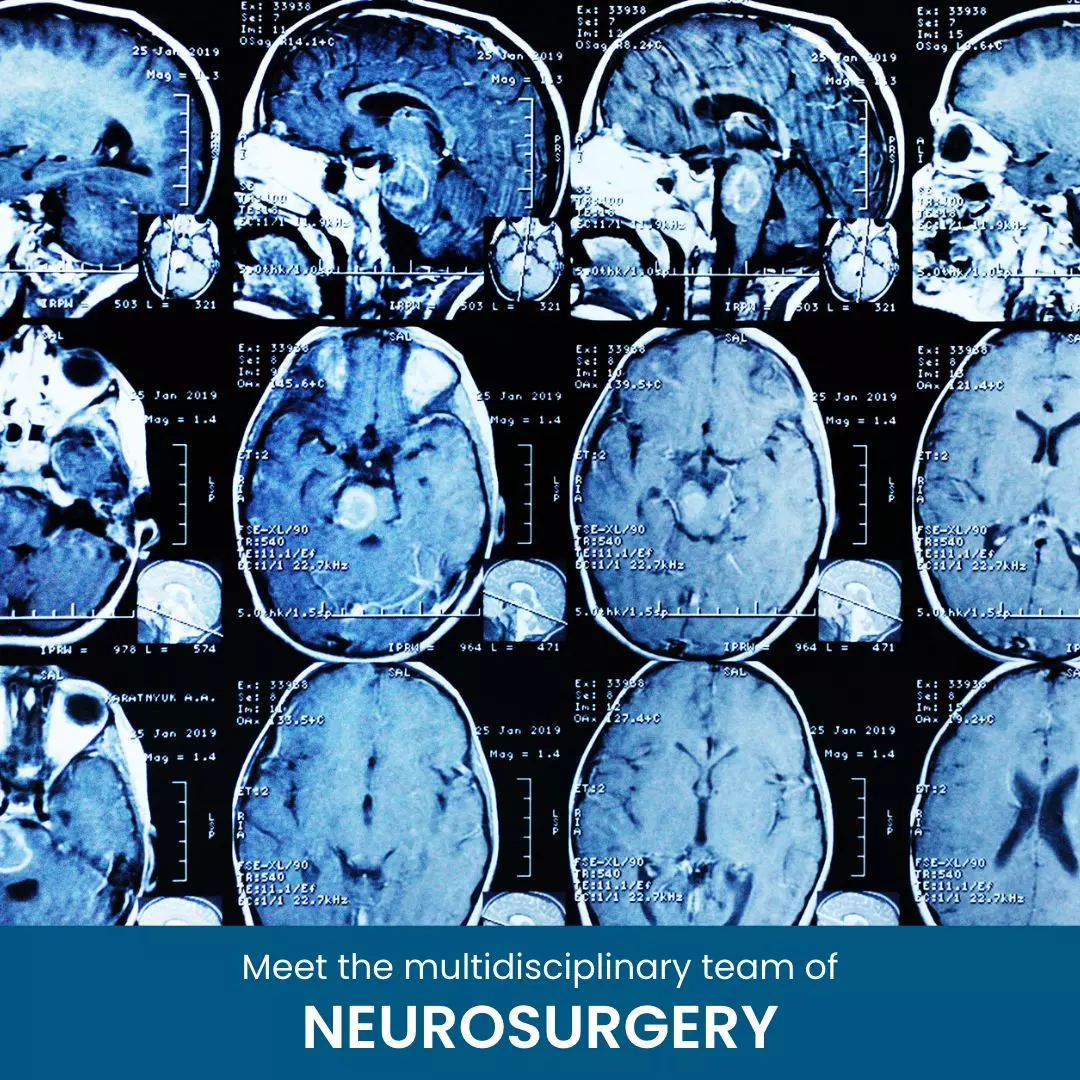
Is it a Midlife Crisis or is it Dementia?
Do you act on a whim, take unwanted risks or make inappropriate expenses?

Many of us confuse Dementia with Alzheimer's symptoms. But it can be something different, it often occurs between people of ages 45 and 65, and it's called Frontotemporal Dementia (FTD), and it causes other problems.
Men and women are equally vulnerable to the disorder that affects different regions of the brain.
How does it affect the family?
People with FTD (Frontotemporal Dementia) often seem to act on a whim regardless of the consequences, which puts them in severe trouble.
They are not aware of their personality and behavioral changes, and how harmful they are to close family members, and can get into many problems because of their inability to meet normal social courtesies.
What happens in the brain?
Among neurodegenerative diseases that tend to attack before age 65, FTD (Frontotemporal Dementia) is the second most common after early-onset Alzheimer's disease.
When to see a doctor?
Unfortunately, it is often thought that it is a midlife crisis and not this disease, so do not go to the doctor on time.
How to detect it?
Below are 10 warning signs that if you notice any of them, do not ignore them, and schedule an appointment with your doctor.
1 - Memory loss
You can start forgetting the recently learned information. Others include forgetting important dates or events, asking the same questions over and over again, and increasingly having to rely on memory aids (for example, notes, electronic or family devices) for things they used to handle alone.
Don’t worry if: Sometimes forgetting names or quotes, but remembering them later.
2 - Behavioural changes
A change of mood is common with dementia. Depression, for example, is typical of early dementia.
Along with mood swings, you can also see a change in personality. It can go from being shy to an extreme extrovert.
Don’t worry if: Become a little sullen or more sensitive, but gradually and not overnight.
3 - Difficulty completing everyday tasks
Sometimes they may have trouble driving to a known place, organize the shopping list, or remember the rules of their favorite game.
Don’t worry if: Sometimes they need help using a new electrical device or computer.
4 - Confusion
They usually lose track of dates, seasons, and the passage of time. They may have trouble understanding something if it is not happening immediately. Sometimes they can forget where they are or how they got there.
Don’t worry if: Be confused about the day of the week but later remember.
5 - Inability to concentrate or plan
They may start having trouble reading or driving. They may also have trouble determining distance, color or contrast, causing problems with driving.
Don’t worry if changes in vision-related to cataracts.
6 - Speech difficulties
They may have trouble following or joining a conversation, stopping in the middle of a conversation and have no idea how to continue. They may have difficulties with vocabulary, have trouble naming a common object, or use an incorrect name.
Don’t worry if: Sometimes he has trouble finding the right word.
7 - Impulsiveness
It can be: buying a luxury car, wanting to go on vacation to an exotic place, wanting to do something you have never done in your life, just on impulse, and bother if you don't say yes.
Don’t worry if: Try to do some things that were not done in youth, not on a whim.
8 - Poor Judgement
People may experience changes in judgment or decision making. For example, dealing with money or pay less attention to personal cleanliness.
What is a normal age-related change? Make a bad decision or error from time to time.
9 - Withdrawal from work or social activities
By experiencing changes in the ability to hold or follow a conversation, he or she may withdraw from hobbies, social activities or other commitments.
Don’t worry if: Sometimes he feels without interest in family or social obligations.
10 - Apathy
Indifference or lack of interest in previously meaningful activities. For example, no longer being interested in calling your relatives, going out, getting ready, reading your favorite book.
Don’t worry if: Wanting to do new activities but sometimes feeling tired and not wanting to do them anymore.
Can Dementia be prevented?
We can help our body by keeping the mind active with crosswords, memory games, and reading. Exercising at least 15 minutes daily and making other healthy lifestyle changes can also reduce your risk. Some examples of lifestyle changes include quitting smoking and following a diet rich in:
- Omega-3 fatty acids
- Fruits
- Vegetables
- Whole grains
You can also reduce your risk by increasing your Vitamin D intake. According to the Mayo Clinic, it suggests that "people with low levels of Vitamin D in their blood are more likely to develop Alzheimer's disease and other forms of dementia."
Dementia is more common in people over age 65, but it can also affect younger people. The early onset of the disease can begin when people are between 30, 40, and 50 years old. With early treatment and diagnosis, a Neurologist can slow the progression of the disease and maintain mental function. Treatments may include medications, cognitive training, and therapy.
Trending Topics
Neurology
Trending Topics
Septoplasty
Septoplasty is a highly effective procedure for correcting a deviated septum
Ulcerative Colitis
Ulcerative colitis is an inflammatory bowel disease (IBD) that causes chronic inflammation.
Prostate-Specific Antigen (PSA)
The level of PSA in the blood can provide valuable information about prostate health.
Emphysema
Emphysema symptoms can be subtle at first but tend to worsen over time.
Health Library
Neurology
Learn More About:
- Do You Need an Appointment with a Specialist?
- call us
- write us
- let's talk










